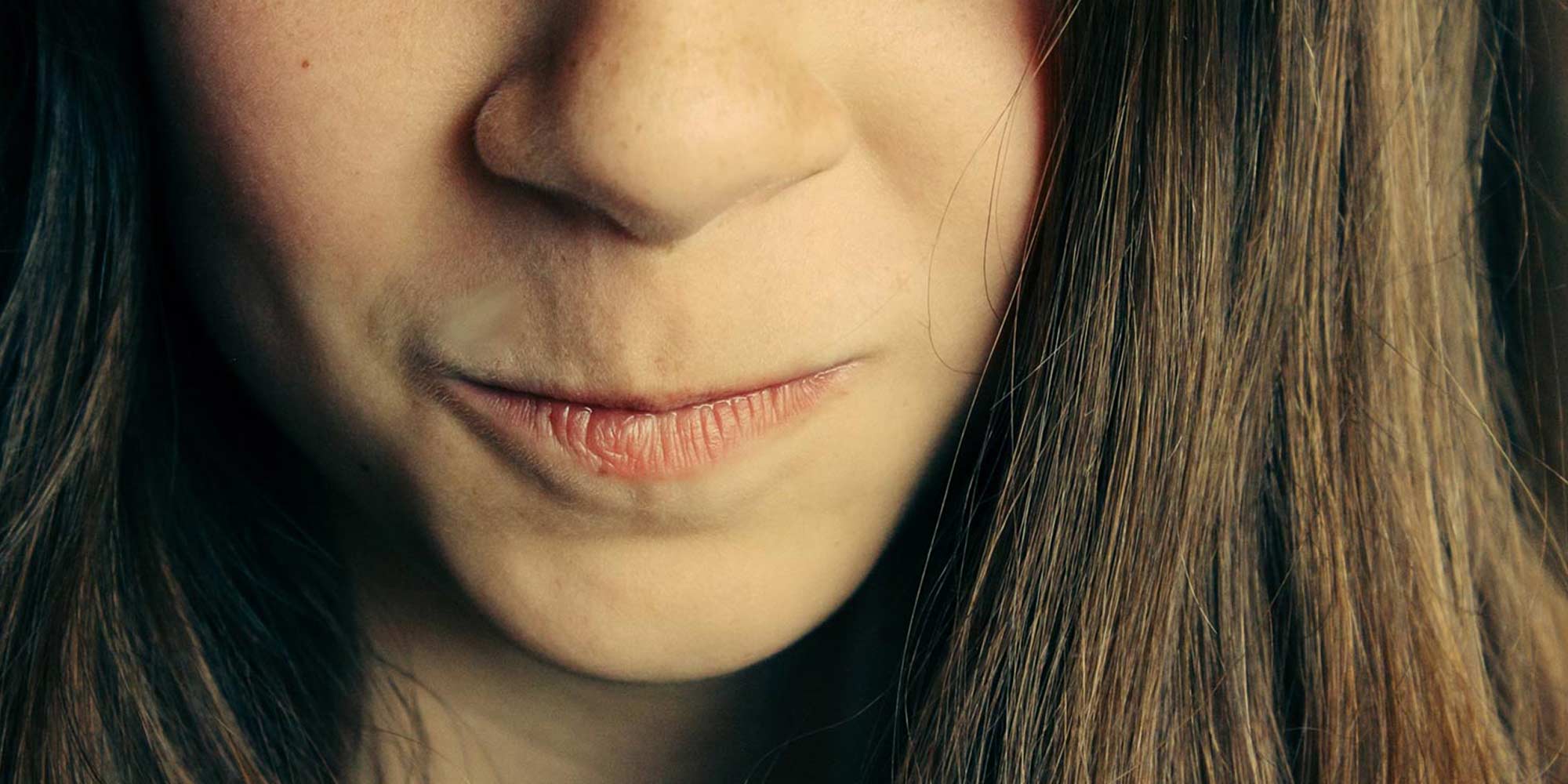Have you noticed other behaviors, habits, and addictions popping up in your life?
A funny thing happens when people quit drinking or even cut down significantly: other addictions tend to appear in their place. In recovery, we call this the Whac-A-Mole syndrome—named for the arcade game where you hit a mole over the head with a mallet, only to have three more pop up … until pretty soon you’re overwhelmed with moles and you just want a drink to calm down!
It would be great if people replaced their addiction to drugs and alcohol with things like a reasonable amount of yoga or macramé or cleaning the bathroom, but it rarely works that way. It’s more likely to be food or gambling or shopping. When I first stopped drinking alcohol, the mole that popped up in its place was sugar. It makes sense since sugar was my first love. Specifically ice cream. When I was little, my parents always kept a half-gallon of Neapolitan ice cream in the house. Every night after dinner I was allowed a half-a-coffee-mug full, a very appropriate sized serving for a child, an amount that I would give my kids after a healthy meal.
But it wasn’t enough for me. Late at night, I would hear the ice cream calling to me. I’d try to resist, but once my parents had gone to bed, I’d sneak downstairs and quietly, oh so quietly, open the freezer, pull the lid off the carton, and eat a few spoonfuls. I’d always try to eat an even amount of chocolate, vanilla, and strawberry and then smooth it out hoping to disguise the dent. But those few forbidden spoonfuls never felt like enough, and ten minutes later I’d be back down again. And then again.
Of course, I’d always get caught the next time my parents opened the ice cream and saw how much was gone. They would yell and I would feel embarrassed and ashamed, yet I couldn’t seem to stop myself from doing it again the next time.
This cycle defined my behavior around various substances throughout my life. I didn’t know it back then, but the feelings of shame and the sneaking around are major indicators that addiction is at play. Whether you’re a kid trying to figure out how to get more ice cream or a grown-up trying to get a doctor to prescribe you more Vicodin, the desperation is the same. Addiction is addiction.
Whether you’re a kid trying to figure out how to get more ice cream or a grown-up trying to get a doctor to prescribe you more Vicodin, the desperation is the same. Addiction is addiction.
But when a few months after I got sober, I found my sweets eating creeping up I didn’t worry too much about it. Everyone said it was normal to crave sugar because of the relationship of alcohol and sugar. Plus, I needed something! How was I going to function if I was deprived of everything that gives life meaning! But it slowly got worse. First I was raiding my kids’ goody bags from birthday parties and rationalizing that it was better for me to eat it because sugar is bad for their teeth. But when I found myself sneaking into their Halloween bags after they fell asleep and gorging on Snicker bars until I felt sick, I knew I was getting in too deep. I didn’t feel sober.
At first, I thought it was my fault somehow. Maybe I needed to work harder on myself. Maybe my inner child wasn’t healing or my spirit was still sick or I hadn’t apologized to enough people for past behavior. But after asking around to my friends, I realized that this simply goes with the territory of addiction. It’s always something. We have to stay vigilant, but also be gentle on ourselves and understand that we aren’t weak; we’re just human. So I cut sugar out completely for a while and then, like any good addict, I tried to moderate again. When that didn’t work, I cut it out again and I feel much better. And although I don’t do macramé, I still manage to have fun. I mean … online poker isn’t a problem if you’re winning right?
We have to stay vigilant, but also be gentle on ourselves and understand that we aren’t weak; we’re just human.








